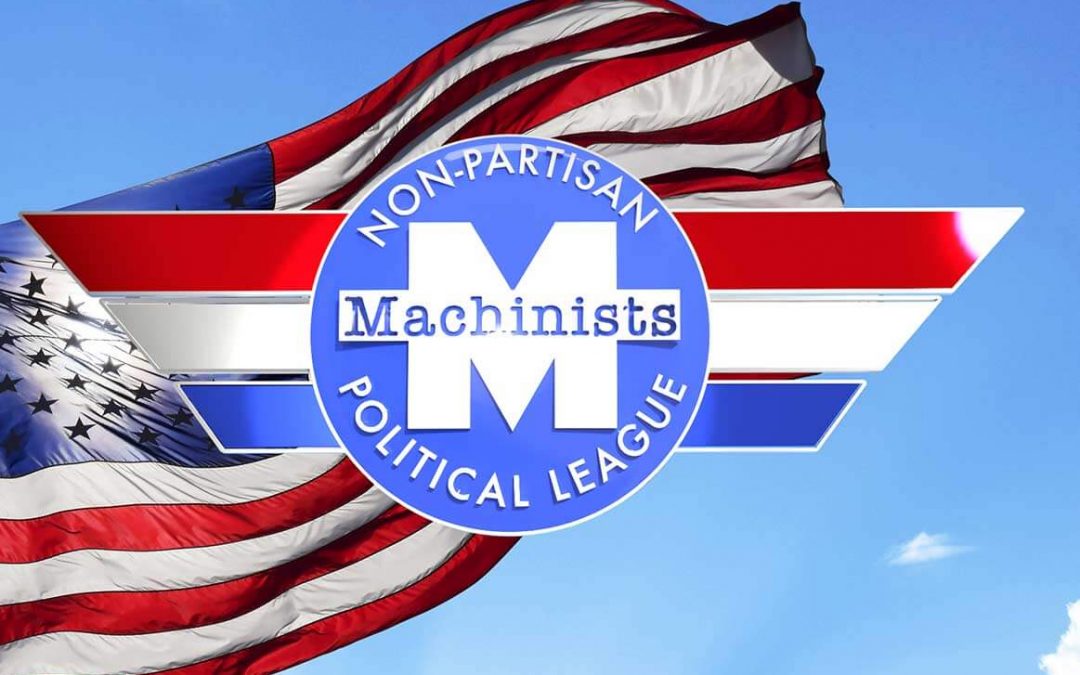
by Eric Price | Feb 21, 2019 | Airlines, American, Departments, Featured, Hawaiian, Home, MNPL, Organizing, Philippine, Spirit, United
Right to Work is coming to our nation’s airlines. When it arrives, the wages of all airline workers could be slashed within just a few years. Overall compensation could be cut by more than half. The good news: Missouri unions know how to stop it. There’s a...
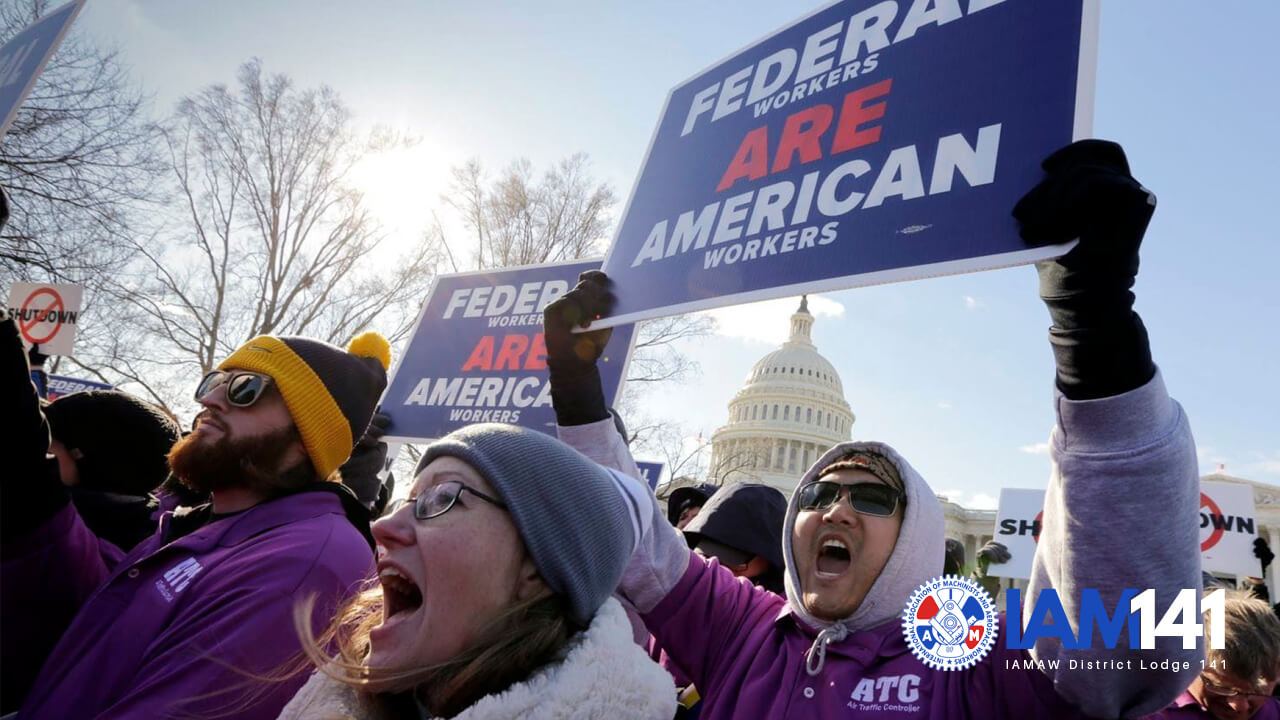
by Eric Price | Jan 16, 2019 | Airlines, American, Community Service, Departments, EAP, Education, Hawaiian, Home, MNPL, Organizing, Philippine, Safety, Spirit, United
Updated: 1/17/2019 The Federal Government shutdown began back in December, screwing over about 2 million workers and everyone who depends on them. This includes 51 thousand TSA Agents that keep our airlines moving. Here’s a running list of how the shutdown is...
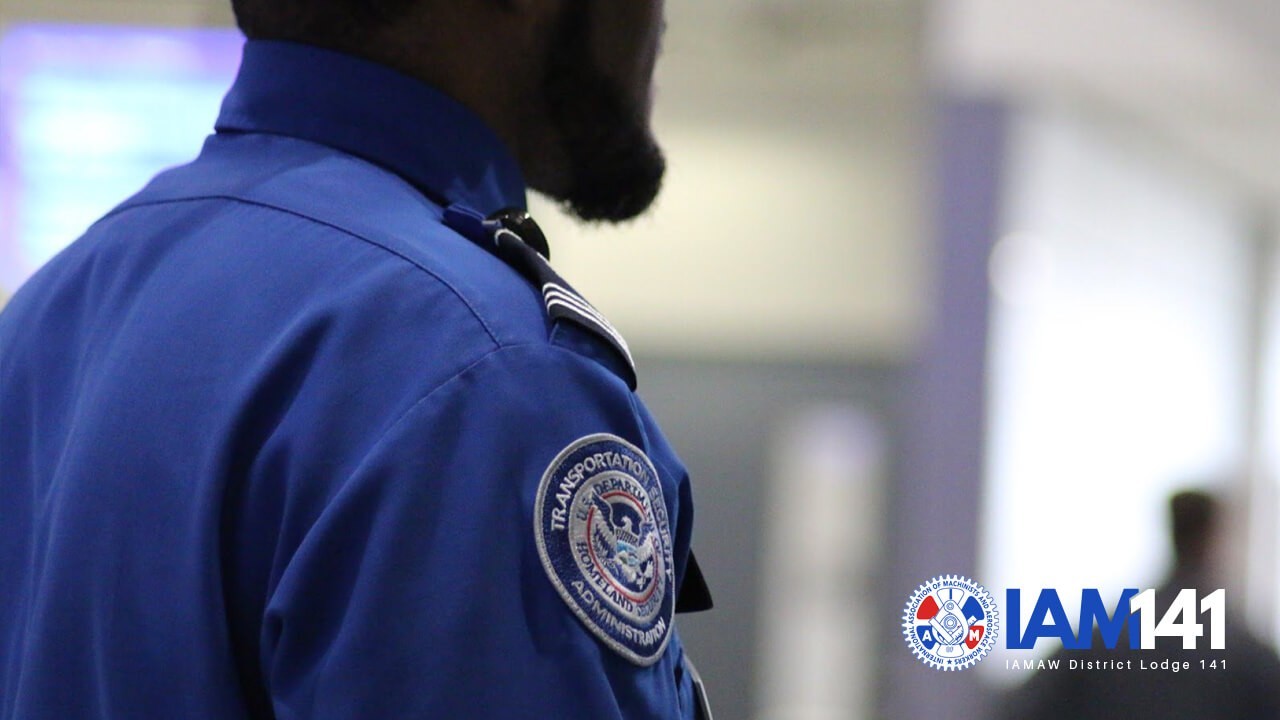
by Eric Price | Jan 15, 2019 | Airlines, American, Community Service, Departments, EAP, Education, Hawaiian, Home, MNPL, Organizing, Philippine, Safety, Spirit, United
Houston’s largest airport, Bush Intercontinental (IAH), is closing a primary security checkpoint as they deal with staffing shortages caused by increasing numbers of TSA agents who can no longer afford to come to work without pay. The announcement follows a...
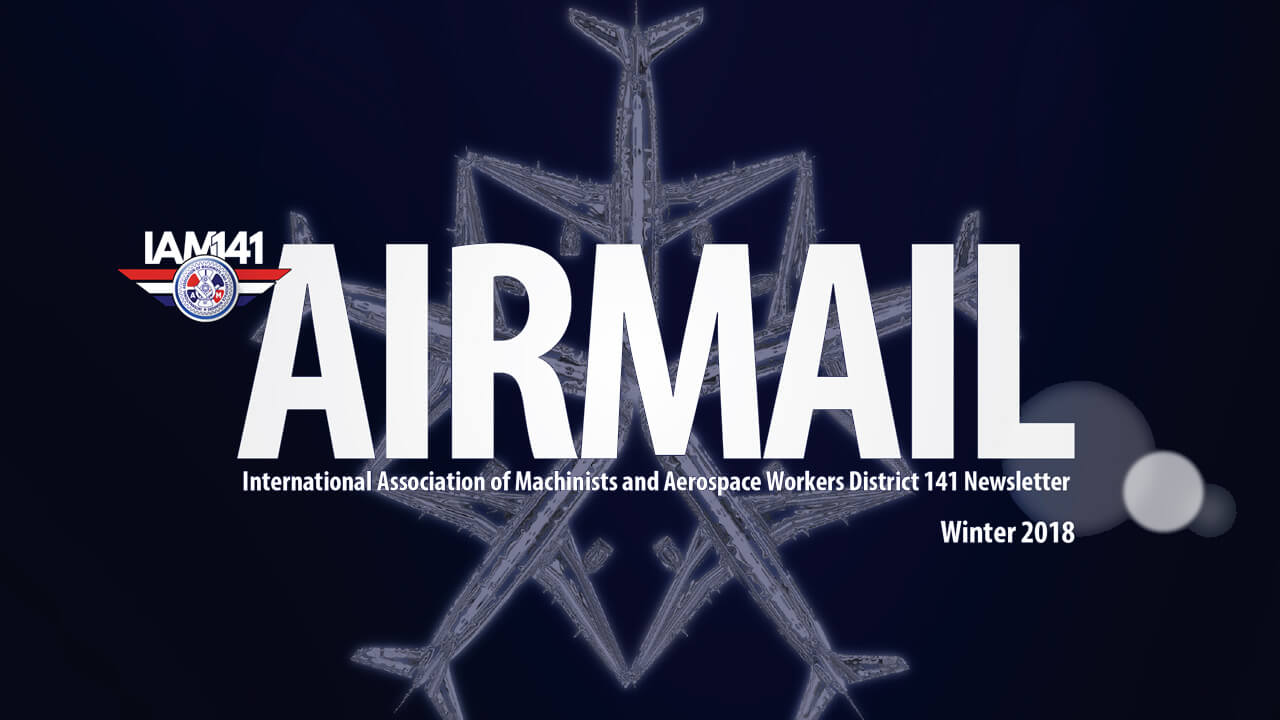
by Eric Price | Dec 1, 2018 | Airlines, Airmail, American, Community Service, Departments, EAP, Education, Hawaiian, Home, MNPL, Organizing, Philippine, Safety, Spirit, United
[gdlr_stunning_text background_color=”#f3f3f3″ button=”Download PDF” button_link=”https://iam141.org/wp-content/uploads/2019/01/Final-Edited-Winter-Newsletter.pdf” button_background=”#184ab9″...
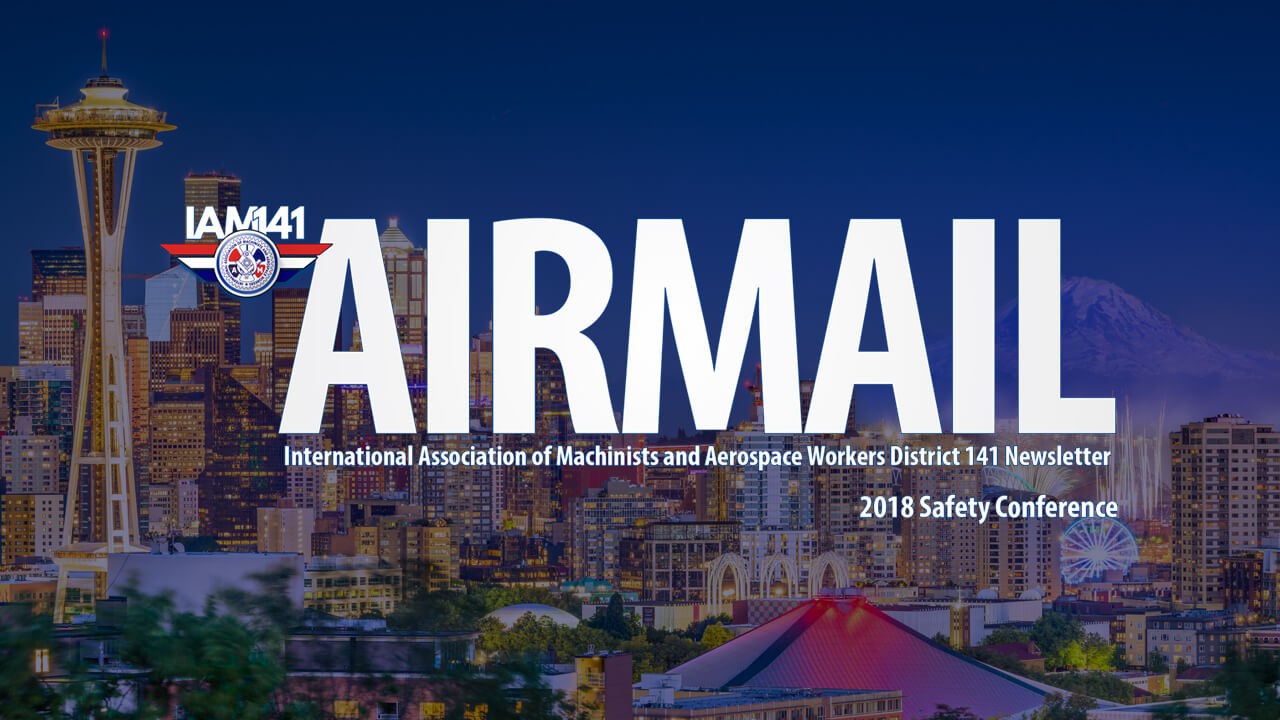
by Eric Price | Nov 1, 2018 | Airlines, Airmail, American, Departments, EAP, Education, Hawaiian, Home, MNPL, Organizing, Philippine, Safety, Spirit, United
[gdlr_stunning_text background_color=”#f3f3f3″ button=”Download PDF” button_link=”https://iam141.org/wp-content/uploads/2018/12/181218_airmail_safety_conference_newsletter.pdf” button_background=”#184ab9″...






